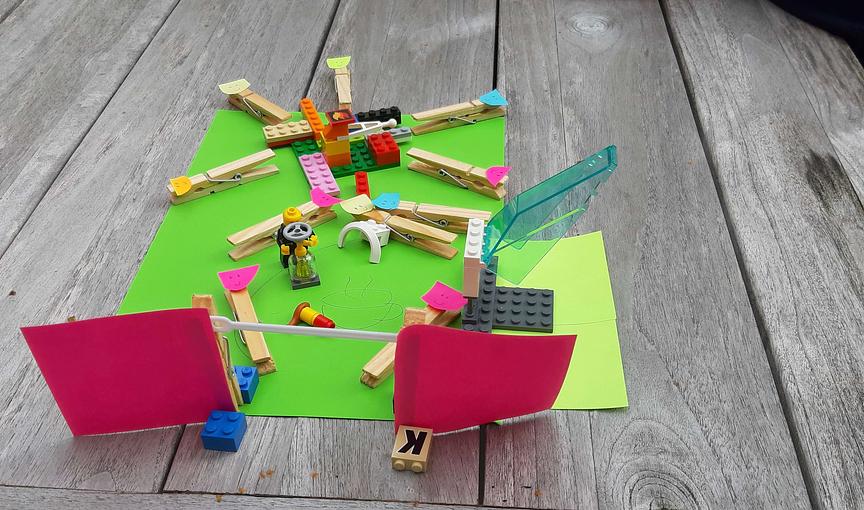While parents are the most impacting educators of their children and this impact for school success is largely dependent on parent-teacher partnerships, disadvantaged parents are often not treated as equal partners, or lack the skills and confidence to become that. We have started this initiative to support both parents and teachers in building these necessary partnerships.
This research-based initiative builds on evidence regarding parental engagement as well as successful mentoring practices. Based on research, two main goals have been identified. For the disadvantaged parents, a unique peer mentoring programme is developed, so that their mentors are parents coming from similar backgrounds and thus more trusted. The mentors are trained according to a unique training programme with a pre and post self-assessment tool also used. In the programme, mentor managers, mostly professional educators are also trained. Mentor managers are responsible for matching mentors and mentees, and for supporting the mentoring process. Mentor managers' training inlcude an element that helps them come to terms with their view on the target group and change their mindsets. Mentors also act as coaches/mentors for the teacher of their children for the necessary change of mindset and approach. Successful mentoring reports have proven effectiveness.
The approach was developed and first implemented by a consortium of NGO's and schools from 5 European countries, one of the being international. The programme has been implemented in these countries for a growing number of people, and the international organisation has been spreading the programme beyond these countries by offering training for mentor managers and trainers intenationally.
The methodology is available for anybody who wishes to implement the programme, and we are also offering to train multipliers anywhere to support implementation.
Parents International is ready to support the implementation of the programme anywhere. The material is becoming publicly available in English, Spanish, Portuguese, Dutch, Hungarian and Romanian in the coming months, but we advise those who wish to implement it to contact us for support.



